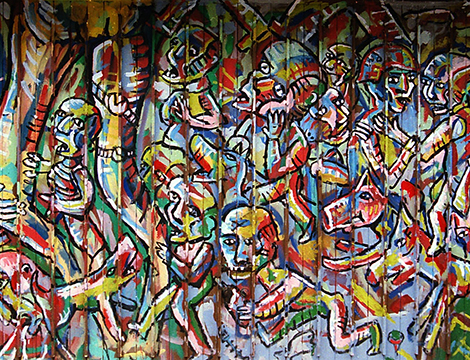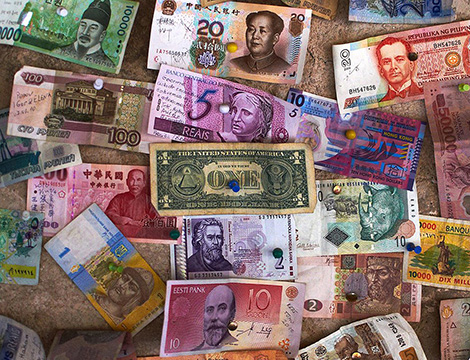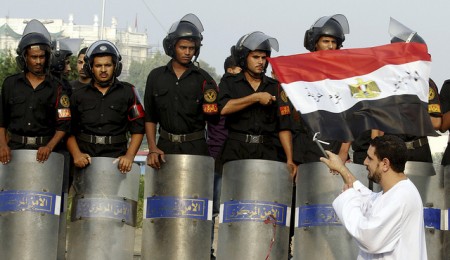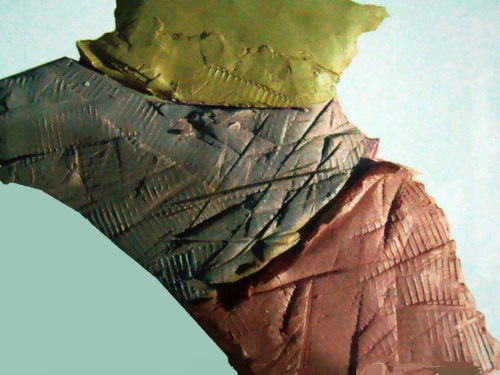
This article was originally published by the IPI Global Observatory on 4 May 2017.
The Central African Republic was most recently in the news when armed helicopters assigned to the United Nations mission in the country (MINUSCA) fired at a group of rebels near the town of Bambari. This was deemed necessary to protect civilians from attacks, which has been a central part of MINUSCA’s mandate since 2014, the year in which an armed rebellion ousted then-President Francois Bozize. Bambari marks a frontier between two groups that were part of the Séléka—the rebels that deposed Bozize but have since faced off against each other.
Notably missing from descriptions of this recent incident is the role of the government of CAR itself. Reporters and government officials alike attribute that absence to a “lack of capacity“—the state can scarcely project any presence beyond the capital city of Bangui. A stated goal of international engagement in CAR is to restore and extend state authority and legitimacy, ultimately producing a government able to resolve such insecurity without external assistance. While all involved acknowledge that this is an ambitious undertaking, to fully appreciate its magnitude one must read Yale University anthropologist Louisa Lombard’s account of state-making and rebellion in CAR, State of Rebellion: Violence and Intervention in the Central African Republic.




